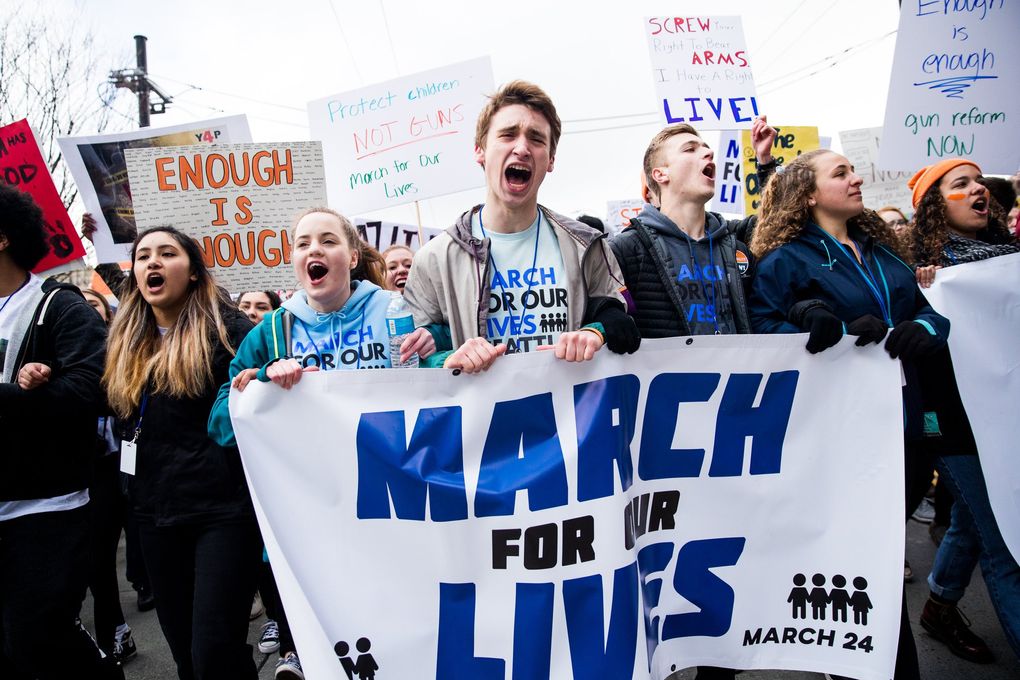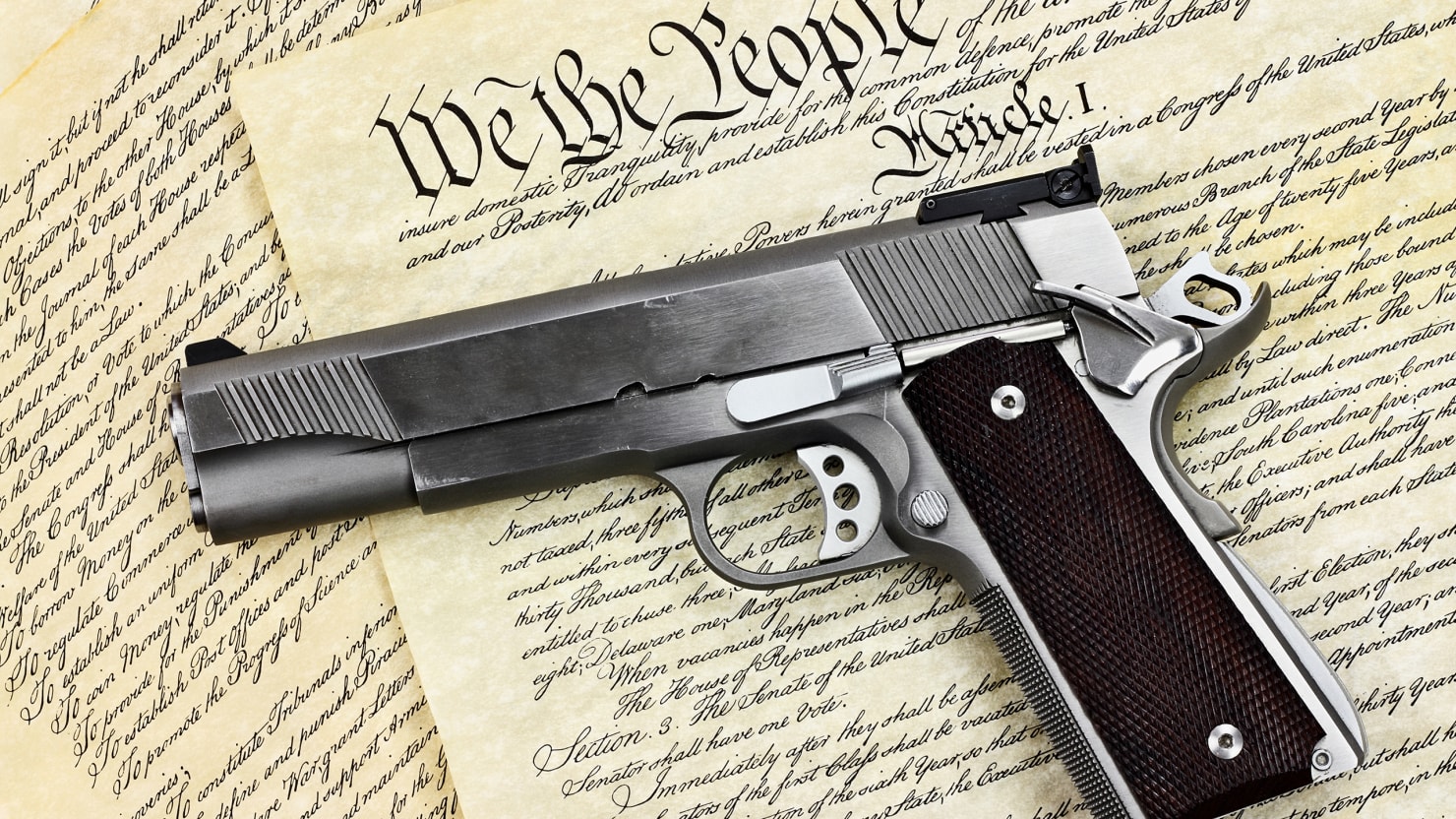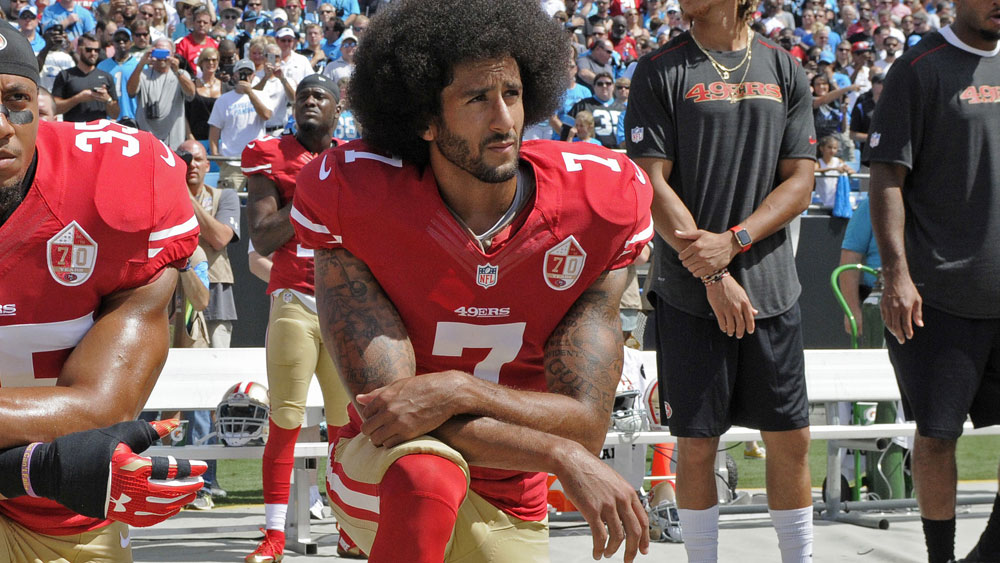Cocaine, Heroin, and Meth are roads that lead to death. According to a 2014 survey a reported 44.1 million Americans used drugs and or alcohol. About 12.6% of those users were between the ages of 12-15, and many people between the ages of 18-30 also contributed to this number. This marked the sixth straight year that 60 percent or more of teens reported that their high schools are “drug infected". However, for the first time in the survey’s history, a majority of private school students reported drugs on campus. The number jumped from 36 percent in 2011, to 54 percent in 2012. A survey that was taken in the US and the UK, showed much of the drug use was in high school student's binge drinking and using marijuana. Binge drinking being considered five or more drinks in a time span of 2 hours.
Public schools are not the only ones to blame for this. There are just as much or close to the same amount of drug use/drinking happening in private school. Many people think that Christian schools are also completely clean but that’s far from true. Researchers found that teens who are deemed more privileged, or those who lived in nice areas and attended elite schools were more likely to use marijuana, cocaine, and ecstasy. Girls from top schools are said to three times more likely to suffer from drugs and alcohol-related problems. Boys from the same backgrounds were said to be twice as likely as other male students to becoming addicted to drinking or substances in early adulthood.
I believe this is a problem in WC because not only does it make us look bad and potentially ruin our testing scores but it also goes against our Christian beliefs. I personally took a survey at WC and was sad to find out that about 90% of the people I asked said that they have done drugs and or drank alcohol. About 60% said that the reason they wanted to because they wanted to or it seemed fun because their friends where doing it. The other percent said that their parents where either also doing it or just letting their children do it.
~MK Divine
~MK Divine








